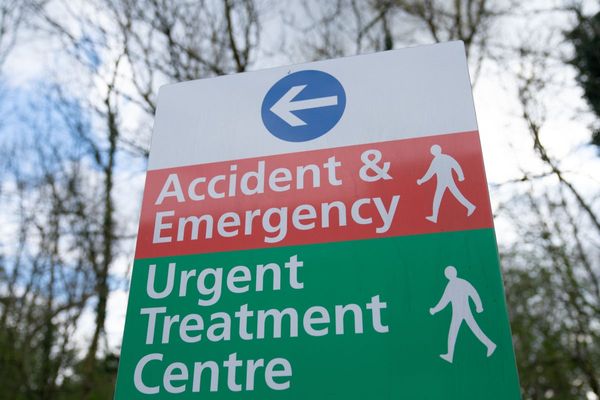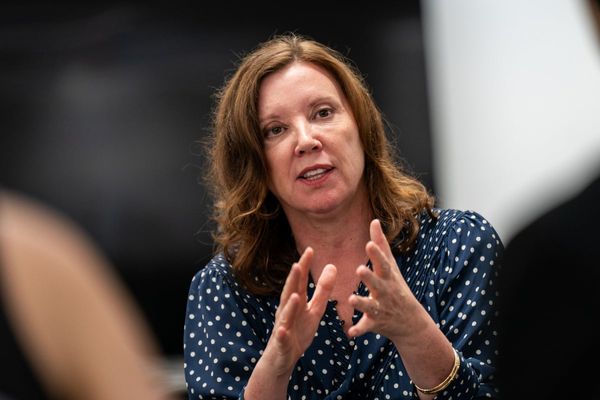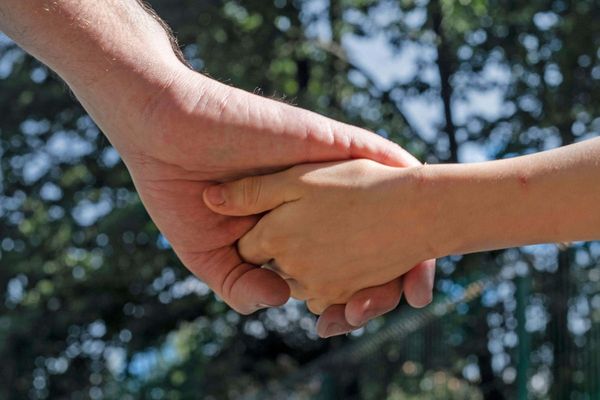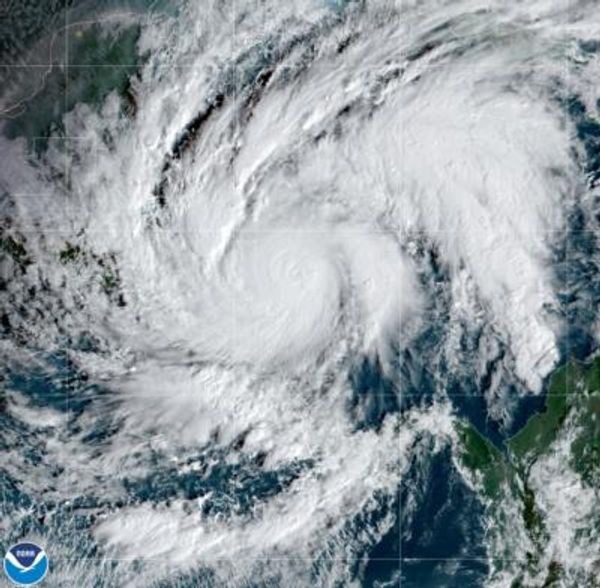
Brussels (AFP) - The EU on Friday will seek urgent ways to bring down skyrocketing energy prices as winter looms, with "sabotage" of gas pipelines from Russia this week injecting drama into the effort.
Energy ministers will gather in Brussels to consider an emergency European Commission proposal that includes cutting power use in the bloc, imposing windfall levies on energy companies and discussing a price cap on wholesale gas supplies.
Europe has found itself over a barrel as fossil fuel deliveries from Russia dry up.
EU sanctions on Moscow for its invasion of Ukraine, which include shunning Russian oil starting in December, have prompted the Kremlin to retaliate by severely reducing supplies of natural gas.
Unexplained leaks on the undersea Nord Stream 1 and 2 gas pipelines from Russia to Germany -- seen as "sabotage" by EU leaders, with suspicion falling on Moscow -- have aggravated the situation.
Sky-high bills
Alarm is rising sharply among Europeans faced with climbing energy bills.
"It's utterly impossible to pay," Pascale Dumont, a baker in a Belgian town called Gedinne, told AFP after her business's monthly electricity bill jumped tenfold, to 11,836 euros ($11,500).
"If you work it out over a year, it's how much a house costs!" she exclaimed.
Business Europe, an EU lobby, warned that "the current state of high gas and electricity prices bears the imminent risk of production losses and shutdowns of thousands of European companies".
The EU country on the frontline of the energy crunch is Germany, the bloc's export powerhouse which had long been dependent on Russian gas.
After recording a jump to 10 percent inflation, its government said it will borrow 200 billion euros to shield German households and businesses from "an energy war".
That adds to various national initiatives across the European Union totalling many hundreds of billions of euros -- a hefty bill added to the one run-up during the worst of the Covid pandemic.
The European Commission is trying to leverage the Covid-era cooperation to forge a common EU approach on energy.
"Europe is facing energy blackmail by Russia, and global demand for gas is higher than supply," EU energy commissioner Kadri Simson said.
"We need to work along the whole chain to tackle the challenge," she said, adding that a price cap on the wholesale price of gas entering the EU "is possible" if other measures fail to bring results.
Price cap mooted
One core proposal with strong backing is a "cap" on non-gas electricity producers' profits and a "contribution" from other energy majors.
The levies -- the commission refuses to call them a "windfall tax" -- are calculated to raise 140 billion euros which can be spent to cushion consumers.
Another is to encourage reduced energy consumption, for instance by turning off public lighting earlier, lowering thermostats to a maximum of 19 degrees Celsius (66 degrees Fahrenheit) and lower peak-hour power use.
The Bruegel think tank in Brussels, however, said those steps are "not sufficient".
"A more comprehensive plan needs to ensure that all countries bring forward every available supply-side flexibility, make real efforts to reduce gas and electricity demand, keep their energy markets open and pool demand to get a better deal from external gas suppliers," it said.
Fifteen EU countries, among them France, Italy and Poland, have written a joint letter calling for a price cap on all gas imports into the bloc -- covering pipeline gas from Russia but also liquified natural gas (LNG) shipments from the US and elsewhere.
An EU official briefing journalists on condition of anonymity called that idea "radical".
The "significant risks" it carried included a sudden shortfall in gas supplies to Europe, especially from LNG suppliers diverting ships to more lucrative buyers elsewhere in the world.
One possible solution would be a centralised EU buying for gas "but the complexity of such a mechanism is such that I think in a short timeframe it is difficult to address," the official said.
French Finance Minister Bruno Le Maire and his German counterpart Robert Habeck called Thursday in a joint newspaper column on the European Commission "to explore all other options which may lower prices while maintaining a secure energy supply and avoiding excessive consumption of gas."







